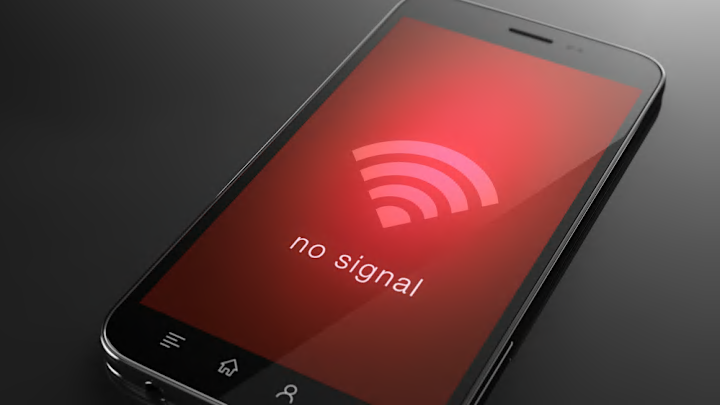When the Internet Goes Out: The Strange Freedom of Being Temporarily Offline

It always starts the same way. One minute you're watching a video, scrolling through something half-interesting, or responding to a message you forgot to answer yesterday. The next—nothing. The wheel spins. The bar stalls. The dreaded “No Internet Connection” message flashes on your screen like a silent alarm. You check the router. You reload the page. Still nothing.
Panic sets in.
Because in the modern world, losing internet is like losing oxygen. Our work, entertainment, relationships, banking, navigation—even the way we order food—relies on those invisible threads. We’re so plugged in, we forget what it feels like to be unplugged… until it happens.
And then something unexpected follows. A moment of frustration, sure. Maybe even irritation or boredom. But after that? Something strange. Something quiet. Something a little bit like… freedom.
There’s a rare, almost rebellious quality to being offline now. Like stepping outside the noise for just long enough to realize how loud it’s been. The pings stop. The tabs go still. No notifications. No updates. It’s just you, and the here and now.
And it turns out, the here and now is not so bad.
In fact, there’s an odd clarity that shows up when you’re forcibly removed from the constant hum of connectivity. You notice things. The way the light shifts across your floor. The sound of your own breath. The book you forgot you were reading. The ideas that emerge—not from a podcast or post, but from your own brain, uninterrupted.
It’s in these offline intermissions that time feels… slower. Fuller. There's no rush to click or check or respond. You’re not measuring your minutes in red dots and blue bubbles. You’re just existing. And in that space, creativity creeps in. So does rest. So does presence.
Of course, it’s not all magical. If you work online, as so many do now, a sudden disconnect can feel like a derailment. Deadlines loom. Projects stall. Communication grinds to a halt. But even in that chaos, there’s a lesson: our systems are built to be always on. We are not.
That realization—however fleeting—can be sobering. It highlights just how much of our daily rhythm relies on something that’s ultimately out of our hands. A signal. A wire. A server farm in another country. And that dependency can feel a little unsettling when it blinks off without warning.
But here’s the twist: that moment of disconnection? It’s also a mirror. It shows us who we are when no one is watching, when no feed is scrolling, when no email is incoming. Who are you when the internet’s off? Do you fidget and pace? Do you reach for your phone out of habit, even knowing it won’t work? Or do you settle? Recalibrate?
The answers are telling.
In some ways, we’ve become so tethered to the digital world that we forget the analog one still exists. The pen and paper. The quiet walk. The random, meandering thought. And while the internet brings incredible value to our lives, maybe—just maybe—it’s in its absence that we remember what we’re really made of.
You don’t need a permanent digital detox. You don’t need to swear off screens and move to a cabin (unless that’s your thing). But the next time the Wi-Fi drops, the router blinks, or the signal fades—pause. Don’t just rush to reset it. Sit with it. Feel it. Let that strange silence stretch just a little longer than usual.
Let your brain breathe.
Because while we spend our days reaching for the world through screens, sometimes the clearest signal comes when we’re completely, undeniably, and gloriously offline.